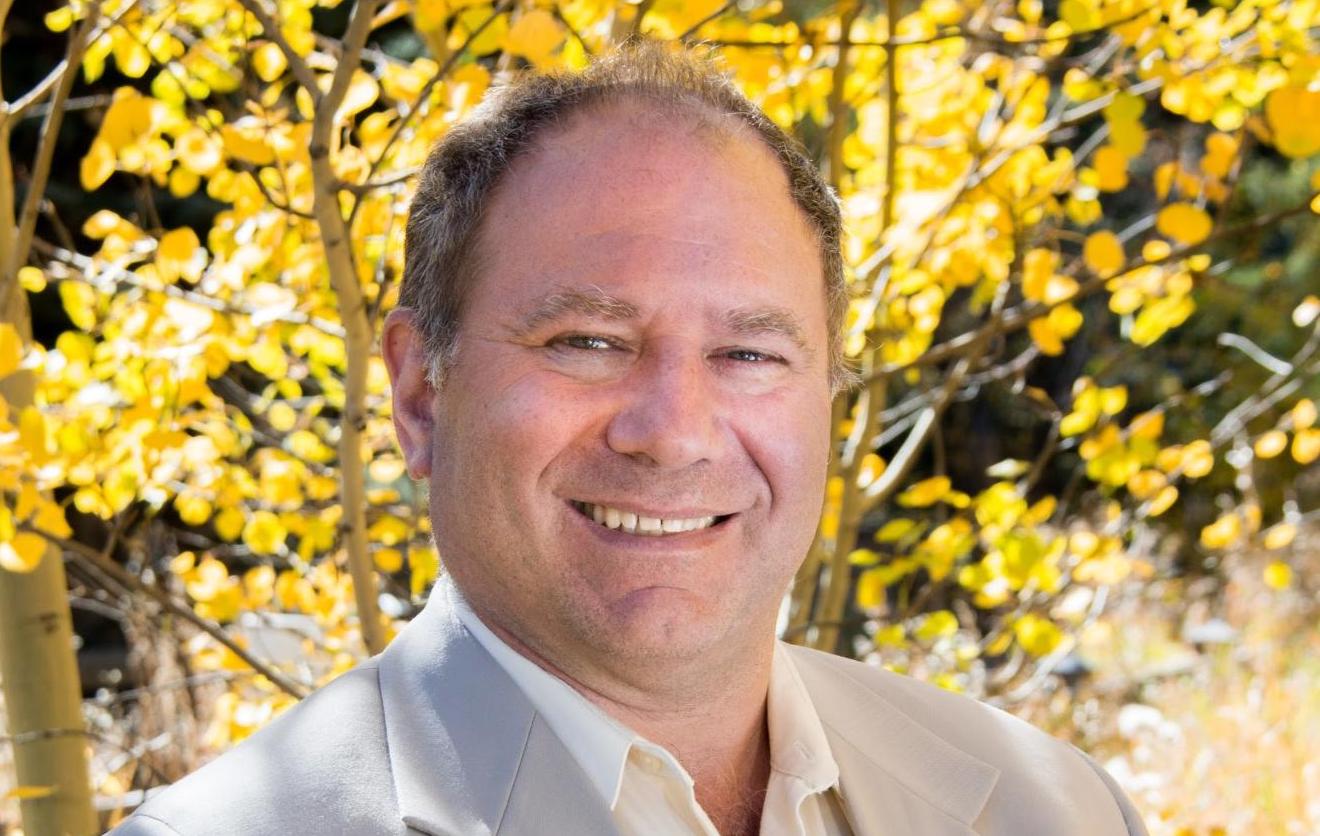Daniel Ziskin was born and raised in southern New Jersey. He obtained his Ph.D. in physics in 1993 from The Johns Hopkins University, studying climate change. He moved to Boulder, Colorado in 1998 to serve as the data manager of a satellite instrument called MOPITT at the National Center for Atmospheric Research. In 2016, along with Karen van Vuuren and Prescott Knock, he founded The Natural Funeral.
Learn more about The Natural Funeral here.
1. Can you explain how natural death care differs from traditional funeral practices?
Actually, natural death care is very much aligned with “traditional” funeral practices. It is the conventional American practices that are divergent from our own traditions. For example, embalming is a relatively modern invention that was introduced during the Civil War so that fallen soldiers could be returned to their families. This practice has now become conventional, but it certainly is not traditional. Natural death care eschews embalming. Instead we ritually wash the body with water infused with essential oils. The family members are invited to participate in whatever way they feel will comfort them; sometimes it is just combing the hair. The gentle handling of the body without any cosmetic adornment often allows mourners to accept the truth that their loved one has left this world. Natural death care is a powerful and therapeutic way for families to say goodbye.
2. You are a trained atmospheric scientist. How did you decide to transition into death services?
As much as I feel comfortable as a satellite data manager I have always had a humanistic tendency that doesn’t really have a place in the Earth science laboratory. I noticed that I am most satisfied with myself when I’m providing a service that is truly helpful and simultaneously reduces waste. When my friend and current business partner Karen van Vuuren mentioned that Boulder really needed a green funeral home, I saw the opportunity to live those values on a daily basis. Without hesitating I said, “Let’s do it.” For the past few years I’ve been working half time at the National Center for Atmospheric Research (NCAR) and birthing The Natural Funeral. I still struggle with the transition on some days. For example, I could be spending the morning writing a python script that checks a dataset for completion and in the afternoon I could be sitting across the table attempting to comfort a grieving widow. Sometimes I need to stretch my limits in order to change gears so quickly.
3. How is your work challenging the status quo in the funeral industry?
The Natural Funeral is not in the role of “challenging the status quo”. I believe American culture has evolved faster than the conventional funeral home and now the status quo no longer serves us as aptly as it once did. We are jumping in to provide an alternative to the stale clichés of yesterday.
We find the Gothic imagery of death to be quaint and overly-formal when the psyche of a mourner is craving something more personal and emotionally sophisticated. When they think of their mortal end, our clients are looking for more alignment with nature than religious propriety. Some of the ways we are breaking from the conventional funeral industry include an emphasis on holistic attention to the grief process, uplifting aesthetics, family inclusion and an intentional celebration of life.
Bold
